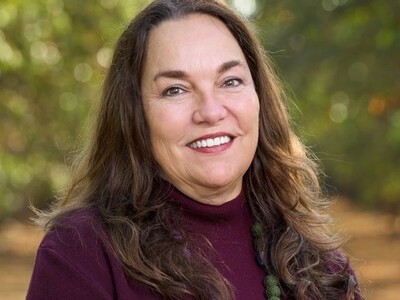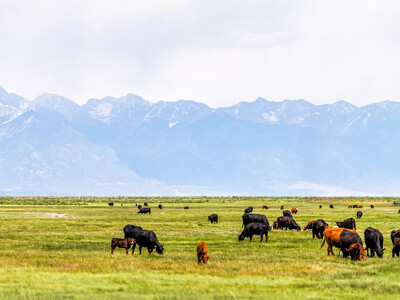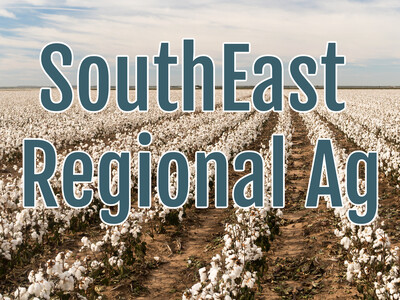Bigger Potato Crop & Helping Protect Farmland
Bigger Potato Crop & Helping Protect Farmland plus Food Forethought. I’m Greg Martin with today’s Northwest Report.
Fall potato growers planted about 7% more acres and produced more potatoes this past season according to Gary Lucier with the USDA.
LUCIER: We really are only expecting a modest decline in prices on average over the coming year. There’ll be some lower prices early then prices will probably strengthen as the season goes on.
Perhaps you’ve heard the statistic that America is losing more than an acre of agricultural land to development every minute of every day. It’s a startling realization - and one that groups and organizations are trying to address. Rich VanderVeen, President of Mackinaw Power in Michigan, says the wind industry can actually play a positive role in protecting the nation’s farms calling it a way to keep family farms in the family for generations.
VANDERVEEN: Without farms there’ll be no healthy food. Without new income to future farmers, there will be no farm. So wind power becomes a very important wealth building second crop if you will at 450 feet.
Now with today’s Food Forethought, here’s Lacy Gray.
Here’s a reality check regarding all those extreme predictions that farmers would soon be tearing up grasslands, pastures and forests in order to plant more corn for ethanol production - according to a new in depth USDA analysis of U.S.land use patterns the total cropland in the U.S.actually dropped by thirty-four million acres between 2002 and 2008. The USDA reports that as the lowest level of cropland since it started collecting such data back in 1945. In addition, the USDA reports a major increase in grassland, rangeland, and forests during that time period. So just what is gobbling up land left and right? Well, that would be urban sprawl. Land in urban areas has increased seventeen percent since 1990. President of the Renewable Fuels Association, Bob Dinneen, hopes the USDA reports will make legislators who have strongly criticized and penalized crop based biofuels for indirect land use sit up and take notice of the real culprit in land conversion. As Dinneen states, “Our renewable energy policies and regulatiions should be based on what is actually happening on the ground - not on hypothetical results from black box economic models.”
Thanks Lacy. If you haven’t heard the news, Northwest Ag’s Bob Hoff is retiring at the end of this week. His daily reports will be split between our new reporter KayDee Gilkey and Lacy Gray. Best of luck to Bob. That’s today’s Northwest Report. I’m Greg Martin on the Ag Information Network.














